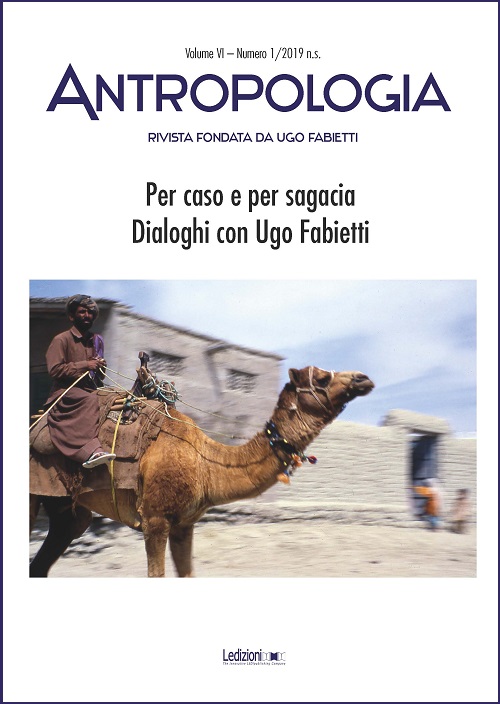The troubled history of ethnographic data. Some reflections on its problematic nature
DOI:
https://doi.org/10.14672/ada20191533237-252Keywords:
methodology, participant observation, ethnographic dataAbstract
A peculiarity of the discipline of anthropology consists in the fact that the data on which it is supposed to be based, ethnographic data, is anything but 'data'. The product of observation procedures, analysis, interpretations, elaborations, reconstructions, extracted from long speeches of natives and synthesized more or less arbitrarily by the anthropologist, the data often discounts the opacity of its origin. Is it the representation the observer devises of an alleged object (e.g., an indigenous institution or practice) or rather is it a native representation (what natives think of their own institution) or is it the interpretation of a representation (what the anthropologist thinks natives think of their own institution)? The datum changes epistemological status as the observational strategies devised by the anthropologist, the theories used in field research, and the changes involves also the epistemological assumptions on which anthropological theories are constructed.
Downloads
Published
Issue
Section
License
Copyright (c) 2019 Antropologia

This work is licensed under a Creative Commons Attribution 4.0 International License.
Authors maintain the copyright of their original work and grant the Journal the right to first publication, licensed after 36 months under a Creative Commons Licence – Attribution, which allows others to share the work by indicating the authorship and first publication in this journal.
Authors may agree to other non-exclusive licence agreements for the distribution of versions of their published work (for example in institutional archives or monographs) under the condition that they indicate that their work was first published in this journal.



